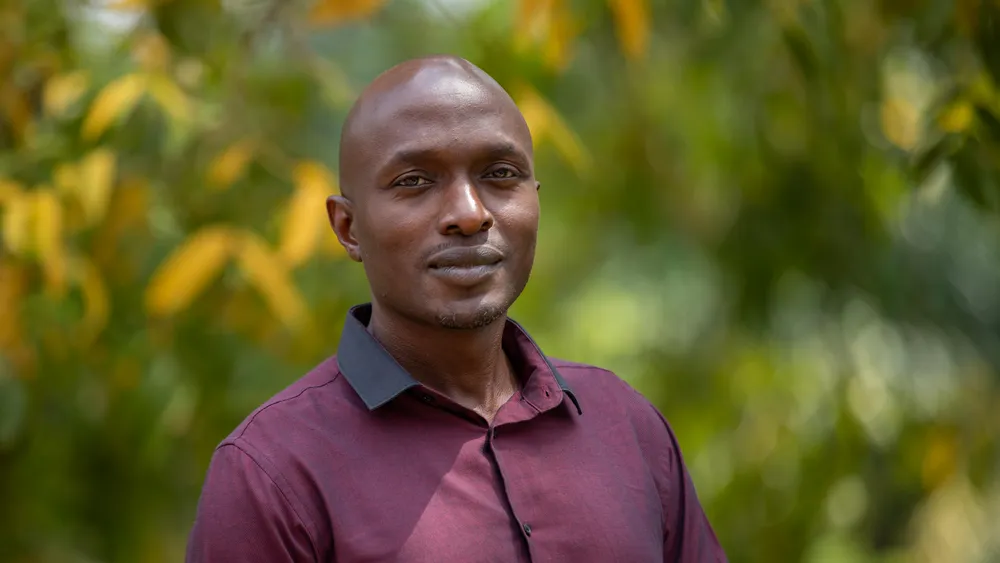End-to-End African Language Technology
–
Speakers
- Ernest Mwebaze

Watch recording:
A photo album from the lecture is on our Flickr.
There is a lot of work on building language resources for low-resource languages. Collecting data, building a model, and publishing a paper is the general route taken. However, building an 'end-to-end language system' - a translation and/or speech system that can be practically used in an application is a much tougher task. Ernest Mwebaze will talk about some of the practical use cases for low-resource language models in Ugandan languages and some hacks and workarounds in getting them to work in practice.
Ernest Mwebaze has had a dual career in academia and industry. He possesses over ten years of experience teaching computer science and machine learning. While at Makerere University he co-founded the Makerere University Artificial Intelligence Research Lab leading it to prominence in the field of practical implementation and deployment of artificial intelligence solutions. In industry, he has worked at the Google AI research lab in Ghana and the UN Pulse lab in Kampala where he focused on practical applications of artificial intelligence to tackle developmental challenges in agriculture, utility estimation, and different focus areas of the SDGs. He is passionate about using artificial intelligence to improve society, particularly in developing parts of the world. He is currently the executive director of Sunbird AI in Kampala, Uganda.
Related events
African Languages in the Age of AI (AAA) Speaker Series
Bringing leading scholars to Princeton to discuss the opportunities and challenges for developing technologies that empower African languages

A New Agenda for African Languages x AI: Everything, Everywhere, All At Once

Towards AI Models That Can Visually Understand the World's Cultures

Related research group
Infrastructure for African Languages
Increasing representation of African languages in NLP, LLMs, and AI
